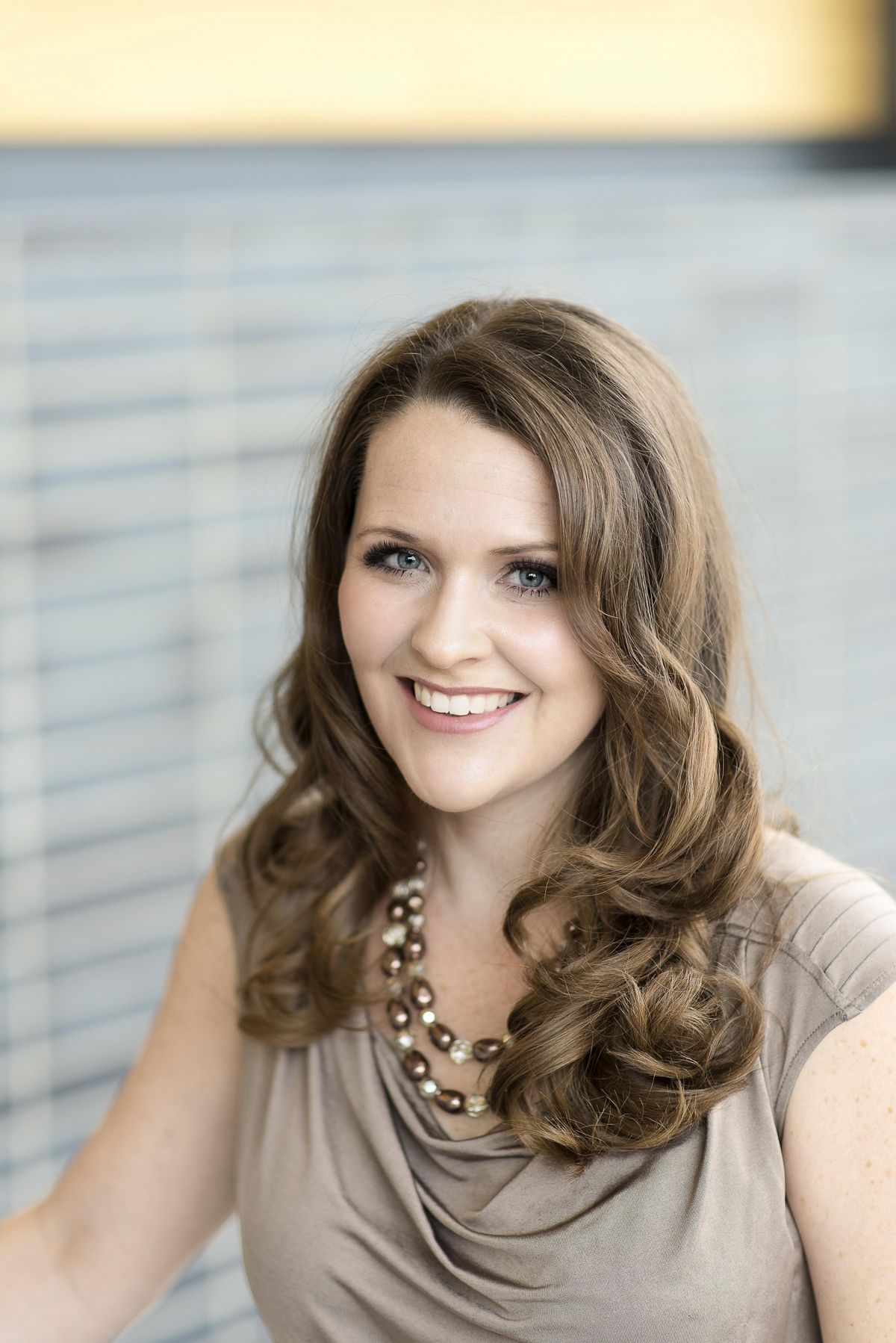Inland Northwest Opera maps out four seasons: ‘We are cautiously optimistic,’ general director Dawn Wolski says

Like many leaders in the performing arts world, Inland Northwest Opera general director Dawn Wolski has spent much of the past six weeks brainstorming with colleagues and trying to map out the steps necessary for producing live opera again in the community.
“The mandates are only one part of this equation,” she said. Wolski has spoken at length with artists, managers and medical experts to gauge how best to proceed. “The climate and the feelings of our patrons and artists are just as critical as our legal ability to present future operas.”
The opera’s board has rallied to the cause. Board president Denise Leonard, who also costumes all of the opera productions, has been producing machine-washable, opera-themed masks to send to patrons and local health care facilities as fast as she can sew them together.
Through Opera America, a network of opera companies that reaches outside the U.S., Wolski has been encouraging her colleagues to consider the possibility of greater collaboration among opera companies to minimize production costs for individuals, not only in the immediate future but also in the long term.
Innovative means of mitigating expenses as the economy recovers, she said, should be something these companies strive to introduce regardless of the current crisis. The development of live virtual productions is another popular idea, one which Wolski is considering.
Inland Northwest Opera has been lucky, Wolski explained, as patrons and corporate sponsors have unanimously stood by their financial pledges to the organization. Additionally, the pandemic struck at a time that allowed the opera the most opportunity to recover and regroup down the line. Some other companies were not so lucky, having to cancel productions in the middle of their rehearsal periods.
Wolski and her husband, Mateusz, concertmaster of the Spokane Symphony, are both music teachers and have been able to continue at least half of their lessons over FaceTime. Their son Stefan – already an opera fan, Wolski says – keeps them all entertained with his own work: Lego art.
As an artist herself, Wolski has a particular familiarity with the concerns that cancellations of this magnitude can cause artists both personally and financially.
In many cases, the artists hired for productions that are canceled before performance week will lose their performance fees. This is the reality for artists previously contracted to some of the world’s largest opera companies, including New York’s Metropolitan Opera. In response, coalitions of artists and managers have begun to form with the goal of reforming future contracts.
While the artist community at-large remains unsure about what the future holds, Wolski is committed to providing for her artists, even in the event of cancellations. The cast of Inland Northwest Opera’s production of “Carmen and the Bull” will receive a portion of its promised fees while the opera hopes to reschedule for the fall.
“I felt it was critical to pay my artists … even though we had not finished rehearsing,” she said. “At the end of the day, artists are at the very core of what we do. These people set aside their time, months or years in advance, and in order for me to ensure that we have a high-quality opera company here well into the future, I cannot ignore my artists.”
Restructuring of the opera’s larger productions, a summer performance of Gaetano Donizetti’s “Don Pasquale” and a fall production of Giuseppe Verdi’s “La Traviata,” also is underway. More information on the status of these productions will be available in June.
“I’m certainly not bored,” Wolski said, explaining how she has more or less found it necessary to map out four seasons, one for each phase of Washington state’s plan for reopening, rather than the traditional one.
In the meantime, Wolski said the opera’s first consideration when attempting to restructure this year’s season is the safety of artists and patrons. She continues to devote a great deal of time to staying on top of research and health recommendations as they become available.
Last week, the opera sent out a survey to patrons asking where and when they might be most comfortable – health and safety concerns in mind – with seeing live opera again.
“We are cautiously optimistic about the road ahead,” Wolski said.